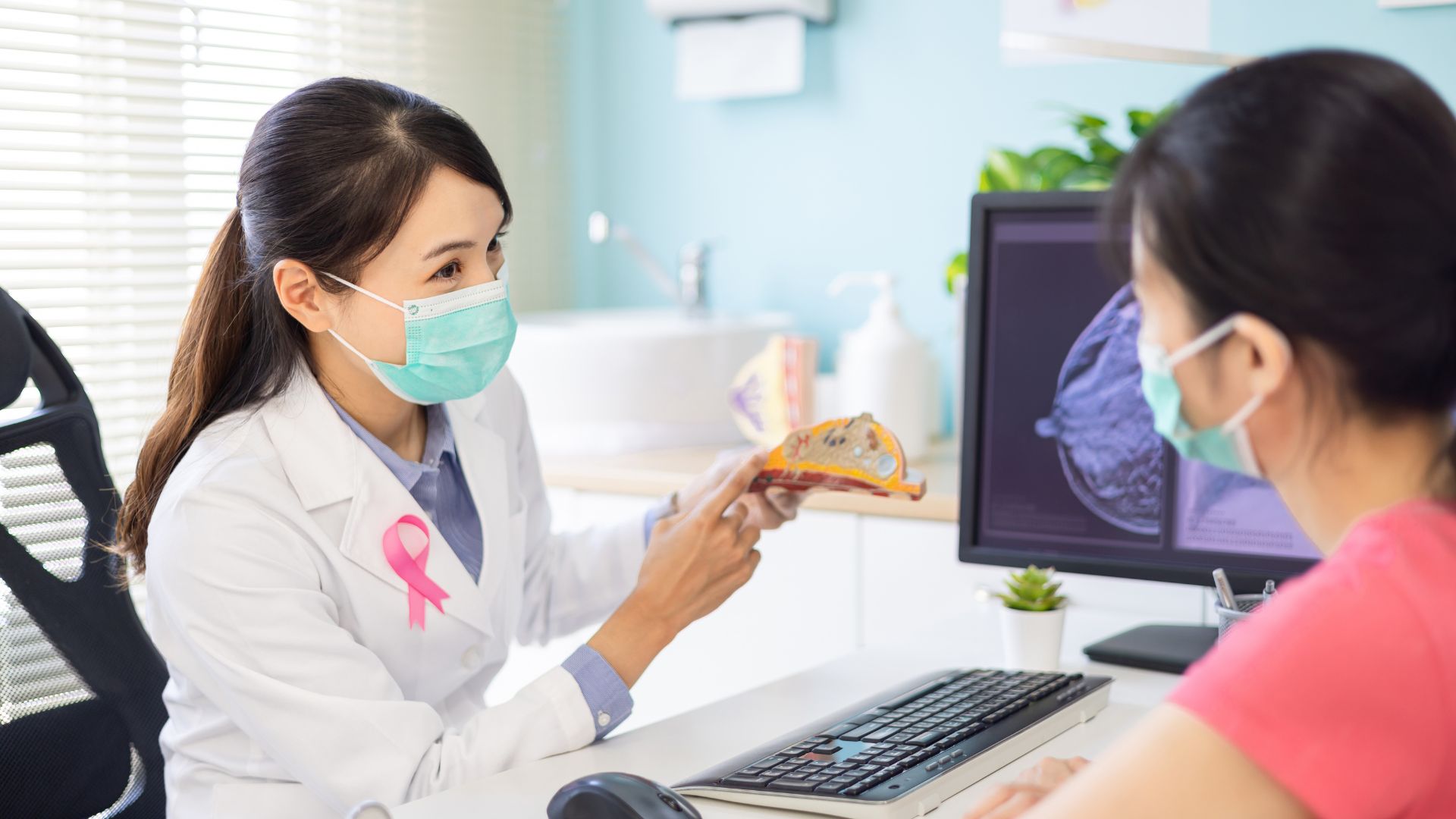
13 Jun Health Checkups: What Are the Health Screenings Women Should Undergo?
When it comes to your health, there are moments when you are bound to fall short; sometimes, a healthy diet and regular exercise in your daily routine will not be enough, especially to women.
Female hormones affect the health and overall well-being of women. It can change your mood, weight, and energy level among others. Hormonal imbalances can manifest as mood swings, irregular menstrual cycle, unexplained weight changes, brittle bones, and low sex drive.
It can be difficult to determine whether it is a health concern that needs immediate attention or just an occurrence of fluctuating hormones.
There are ways to safeguard your health such as consulting your doctor and health experts.
Health screening is one way to do that. Through health screenings, you will undergo a series of health checkups based on your age and your history of risk factors.
Here are some of the health screenings you should go through:
Breast Cancer Screening
The International Agency for Research on Cancer noted that Filipino women have a higher risk of having cancer, with one out of 13 Filipino women projected to develop breast cancer in their lifetime.
In addition, a Global Cancer Report also cited the Philippines as having the highest breast cancer mortality rate, as cited by the National Library of Medicine.
Experts still have doubts about the effectiveness of self-examination in detecting breast cancer. Screening mammogram is usually recommended for women aged 40 and above.
Cervical Cancer Screening
Women aged 21 undergo Pap smear tests for their cervical cancer screening. Physicians give Pap smear tests every three years.
HPV testing is not yet considered for women aged 21 to 29.
HPV tests are for women aged 30 through 65. Doctors will sometimes do Pap tests with HPV testing, which is usually called “co-testing.”
Pap test detects cellular changes in the cervix before they become cancerous while HPV, or the human papillomavirus infection, is commonly linked to cervical cancer.
Infectious Disease Screening
Sexually active women are up for infectious disease screening for chlamydia and gonorrhea, especially if they are at considerable risk.
Meanwhile, pregnant women are screened at every pregnancy for Hepatitis C. Physicians usually give one-time tests for Hepatitis C for women 18 to 79.
Older women should have an eye exam every two to four years for 40 to 54-year-olds while those aged 55 to 64 should get an eye exam every year to three years.
Bone Density Test
Women aged 65 and below go through a bone density screening to review their risks of breaking a bone before it occurs.
No matter what age you are in life, prioritizing your health will always be necessary. Health screenings can be expensive, especially when unplanned and uncovered by your current health plans.
It is important to consult a doctor about whether a screening test is right for you. Your doctor will assess your risk factors and prescribe tests that suit your age and health profile.
The tests or health screenings can be covered if there is a medical indication and a request from a doctor. All of the health screenings and tests will need approval for it to be covered, but it pays to be prepared on situations involving your health.
You can stay within your budget while having your health protected. Know more about it at https://shop.insularhealthcare.com.ph/products/she-s-well.html.
SOURCE:
https://medlineplus.gov/ency/article/007467.htm
https://medlineplus.gov/ency/article/007462.htm
https://www.forbes.com/health/family/health-screenings-for-women/



